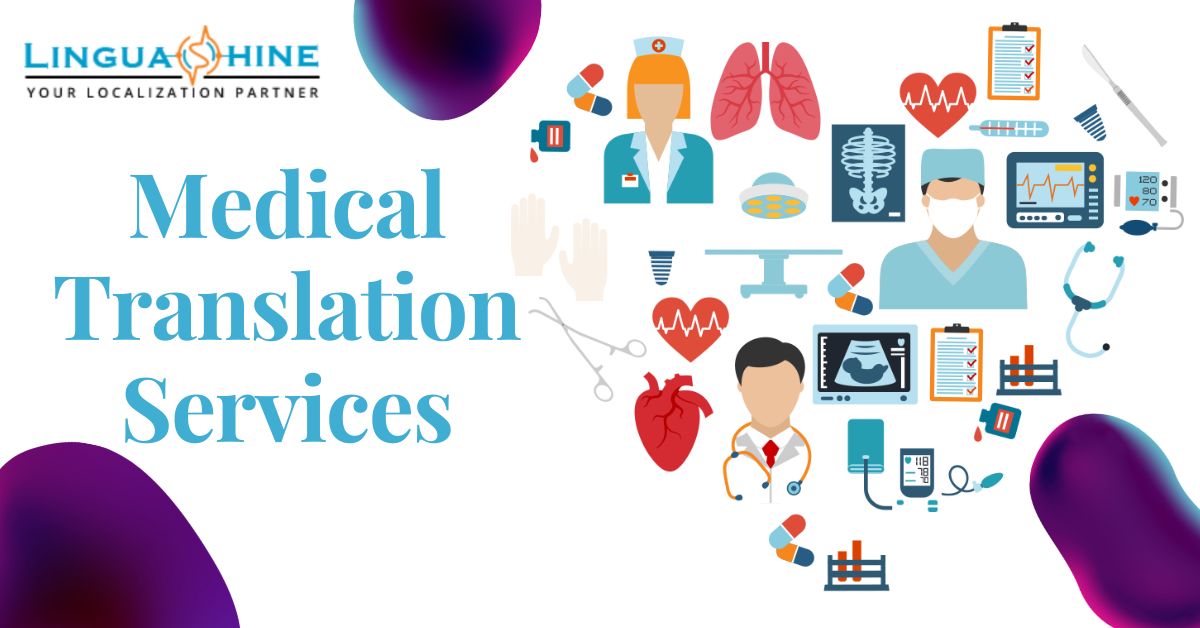The cost of medical translation can vary widely based on several factors, including the complexity of the content, language pair, volume of text, urgency of the project, and expertise of the translators. Medical translation requires a high level of accuracy and specialized knowledge to ensure that medical terminology and concepts are accurately conveyed.
Here are some factors that can influence the cost of medical translation:
1. Language Pair: Translation costs often depend on the language combination. For languages that are less commonly translated or require specialized expertise, the cost may be higher.
2. Content Complexity: Highly technical medical documents, such as clinical trial reports, medical research papers, or patient records, may require translators with specialized medical knowledge, resulting in higher costs.
3. Volume of Text: The total word count or page count of the content being translated will impact the overall cost.
4. Urgency and Turnaround Time: If you require the translation to be completed within a short time frame, expedited services might come at an additional cost.
5. Quality Assurance: High-quality medical translation often involves multiple rounds of editing and proofreading. This added level of quality control can impact the cost.
6. Certification Requirements: If the medical translation requires certification for official or legal purposes (such as medical records for immigration purposes), there may be additional fees for the certification process.
7. Formatting and Layout: If the translation involves preserving the formatting and layout of medical documents, additional costs might be incurred to ensure the translated content matches the original design.
8. Translation Agency vs. Freelancer: The choice between hiring a professional translation agency or an individual freelance translator can influence the cost. Agencies might offer a broader range of services and quality assurance processes.
9. Specialization: Some medical translations require specialized knowledge in specific medical fields (e.g., radiology, cardiology, oncology). Translators with expertise in these areas might charge higher rates.
10. Licensing and Privacy: If the translation involves sensitive patient information or proprietary medical research, additional measures to maintain confidentiality and data security may impact costs.
LinguaShine, a professional translation agency with a staff of highly skilled translators and experts, is the ideal partner to accomplish your medical localization goals with unmatched expertise. LinguaShine has a wealth of experience in localization.


